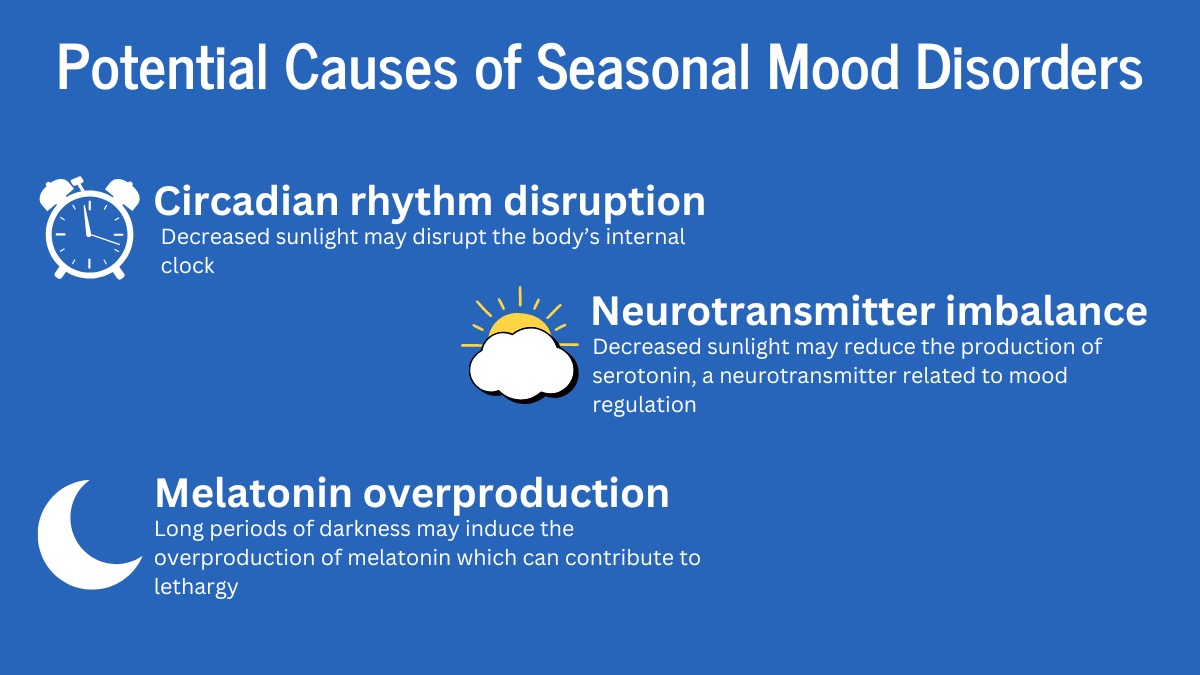As Ottawa approaches Dec. 21, the shortest day of the year, mental health challenges loom for many. The Canadian Mental Health Association says the winter blues affect 15 per cent of Ottawa’s population in some way. That represents about more than 160,000 people.
According to the CMHA, the winter blues are, “a wave of low emotions that come with these cold, dark days.”
So how can Ottawans cope? Dr. Perry Adler, a clinical psychologist based in Montreal, told Capital Current in an email that the best antidotes are getting active, finding community and being in the sunlight.

This is what Jane Fawcett, president of the Ottawa Voyageurs Walking Club, aims to do. She says being a part of this group mentally benefits her. OVWC meets year-round for scheduled group walks — including in winter.
“We walk all winter long with crampons and poles if we need to,” said Fawcett.
“It’s community building, it’s socializing, meeting new people and you know the smiles; the laughter that surrounds us. It’s like we’re a great big family.
“There are hugs, there are hellos and we have a member who looks after sending out cards. If we know that somebody is sick or somebody’s been in the hospital or they’ve lost a loved one, we send out a card for that,” Fawcett said. The club also hosts socials and sends birthday cards.
“I find the walking club just lifts my spirits … if anyone was asking why do you do it, it’s for all the friendships I’ve made, it’s the social.”
Time outside benefits adults and children alike. Karen Kurlicki, a physical and health education teacher at Bell High School, says being outdoors has a noticeable difference in the mood of students, even during the winter.
“It’s amazing how these rosy-cheeked kids are like, ‘Oh my God, I feel so good now,’ right after we’ve been outside,” said Kurlicki.
The food available in the winter can also impact mood.
“If you have an unhealthy gut, it can lead to a lot of mental health challenges,” said Heather Hodgins-Chan, a registered occupational therapist. The decrease in available fresh fruit and vegetables in the winter can reduce options for eating healthy, prompting some people to opt for processed food instead.
Even if fresh food is available, many people in Ottawa cannot afford it. The 2024 Hunger Report from the Ottawa Food Bank found “one in four Ottawa households faced food insecurity in 2023 — up from one in seven in 2022.”
Affordability poses a barrier to proper nutrition for many, but also to access to physical exercise in the winter.
Kurlicki says, “So if you want to go downhill skiing, that’s nice. That costs a fortune. If you want to go Nordic skiing, you need equipment. If you want to go snowshoeing, you need to buy snowshoes. If you want to be outside, you need to be able to afford a winter coat and mitts and warm enough boots that you can actually spend time outside.”
As well, “climate change is impacting the activities that we used to just include in winter, like going to Winterlude, skating on the canal, going snowshoeing, going skiing.
“It seems like all those things we tried to kind of make the best of winter. I don’t think that it’s getting very easy to make the best of winter anymore,” said Kurlicki.




